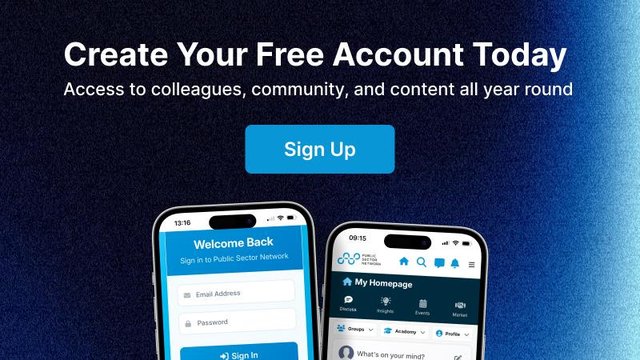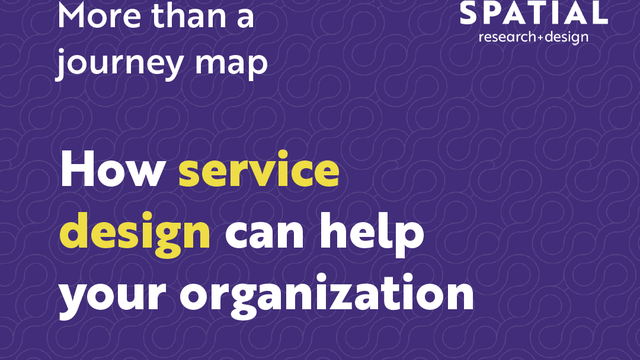As we celebrate Women’s History Month throughout the month of March, as well as International Women’s Day on March 8 th – Public Sector Network has engaged with some of the sharpest, creative, and most engaging leaders in the public sector today. We have designed a series of Women in Leadership Spotlights that we hope will engage, inform, and inspire you to be bold, to think big, and to make positive change.
In this interview, we caught up with Amy Hess, Chief of Public Safety at Louisville Metro Government & former member of the FBI , to explore her career in the public sector, her experiences as a woman in law enforcement, and much more.
Q1:
Please tell us a bit about what you do, how you got there, and what you love about your work?
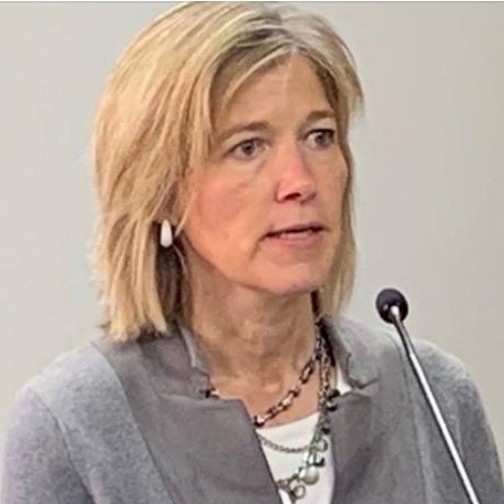
As the Chief of Public Safety for Louisville Metro Goverpublic sector network woman speakers imagenment, I oversee four departments: Police, Fire, Corrections, and Emergency Services. Together, these agencies comprise about 2,500 employees and a budget of $369 million. I previously served as a Special Agent in the Federal Bureau of Investigation (FBI), with assignments in Kansas City, Louisville, Tucson, Afghanistan, Memphis, Quantico, and Washington, DC. At the time I left the FBI in 2019, I was the highest-ranking woman and the only person to have served twice as Executive Assistant Director. I loved working for the FBI because I believe in its mission to “Protect the American People” and I saw the positive impact of our work—from small towns to entire nations—but after 29 years, I wanted to prioritize my family and continue my public service in the city I call home: Louisville. Little did I know what 2020 had in store, particularly for those of us in the public safety realm. This past year has given me tremendous insight and a new appreciation for all that local government does, especially during periods of tumultuous change.
Q2:
As a woman and as a leader, who has spent much of her career entrenched in law enforcement, how have you seen things evolve in terms of diversity & inclusivity since your career first began? Where do you feel there is still room to improve?
When I first joined the FBI, only about 15% of the Special Agents were women, compared to 20% now, and there were no female agents in charge of field offices or headquarters divisions. The good news is that we’re making progress. Today, women in the FBI are SWAT team members, pilots, bomb techs, computer scientists, senior executives, and much more. But we continue to struggle with diversity in public safety jobs across all levels of government. For example, women currently account for only 15% of Louisville’s police officers and 6% of its firefighters. Moreover, about 18% of both the police and fib3e8d3re departments are non-white, compared to the Metro area’s 30% non-white population. So clearly, there is room to improve. In order to better reflect the communities we serve and benefit from the diverse backgrounds, cultures, and experiences out there, we must find ways to make public safety—and particularly law enforcement—an attractive career option for women and minorities. The same goes for management and senior executive positions, where the numbers are even fewer.
Q3:
What initially made you gravitate towards law enforcement and public safety as a career choice? What continues to drive your passion for this and how does that continue to manifest itself?
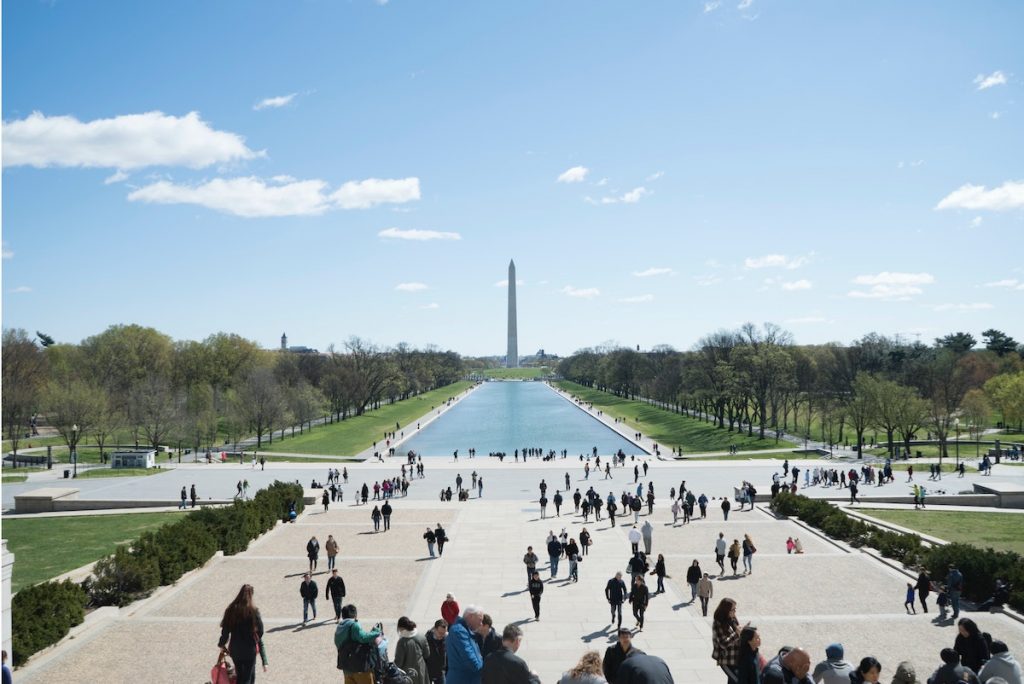
When I was 11 years old, I visited Washington D.C. with my parents and we toured the FBI headquarters building. We watched the firing range demonstration and I decided right then and there that I wanted to be an FBI agent. There weren’t a lot of women in law enforcement or public safety roles back then, but I was fortunate to have supportive parents, teachers, and coaches who made me believe I could be anything I wanted. Then, when I was 19, my sister became a Trooper with the Indiana State Police. Seeing her graduate from the police academy had a big impact on me and she was another reason I chose the path I took. Early in my career, I was on one of the FBI’s Evidence Response Teams that responded to the 1995 bombing of the Murrah Federal Building in Oklahoma City, which killed 168 people and injured more than 500. That experience instilled in me three things: a tremendous sense of gratitude for the work of our first responders; an appreciation for the teamwork required to manage a crisis; and the motivation to find new ways to prevent such horrific events from happening.
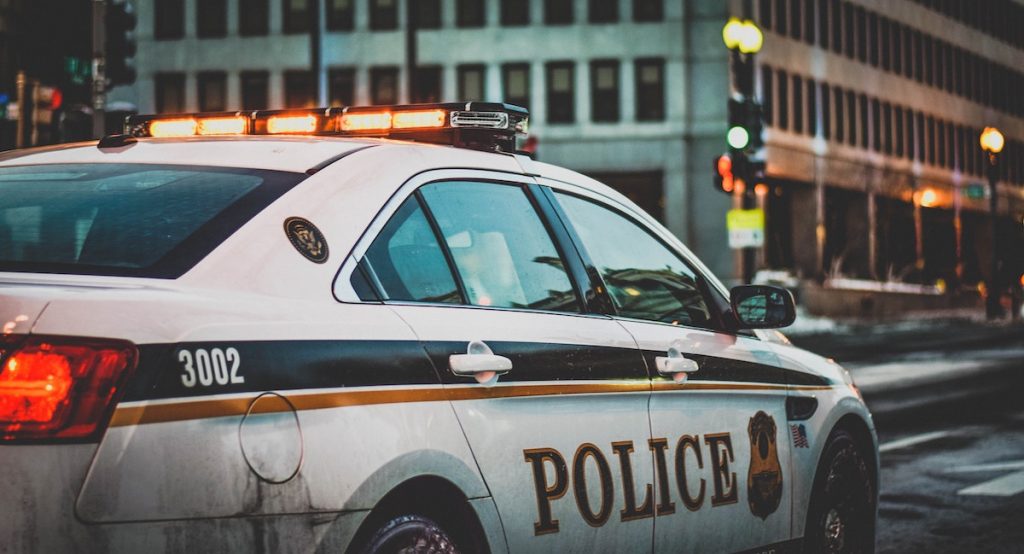
Q4:
Who is one woman who has been a strong role model for you in your career? Can you explain why, and how, they inspired you or helped you succeed? Concurrently - Why is it important to be a role model for other women in law enforcement and public safety?
When I was growing up, there weren’t any prominent examples of female FBI agents and there were very few female police officers depicted in the media, especially in lead roles. So my role models were people like astronaut Sally Ride, tennis champion Chris Evert, and the fictional TV detective Chris Cagney—all were smart, talented, confident women who earned the respect of their colleagues in male-dominated professions. They inspired me to work hard and pursue opportunities I might not have otherwise considered. Another thing these women had in common was their desire to give back to their communities, to make a difference in people’s lives, and to give their own lives a sense of purpose. That said, for many years, I didn’t appreciate—and actively avoided—being seen as an influential woman or a “female leader.” I never wanted to be seen as a demographic or, worse, a quota-filler. But eventually, I had an epiphany that if women don’t see other women in roles like mine, they might not aspire to those roles themselves. They may not seek, or seize, opportunities. And studies have shown time and again that agencies with more diverse workforces and management teams are simply more successful.
Q5:
What advice would you give to the younger generation of women in law enforcement and more broadly within public service? What is one piece of advice you wish someone had shared with you when you were beginning your career with the FBI?
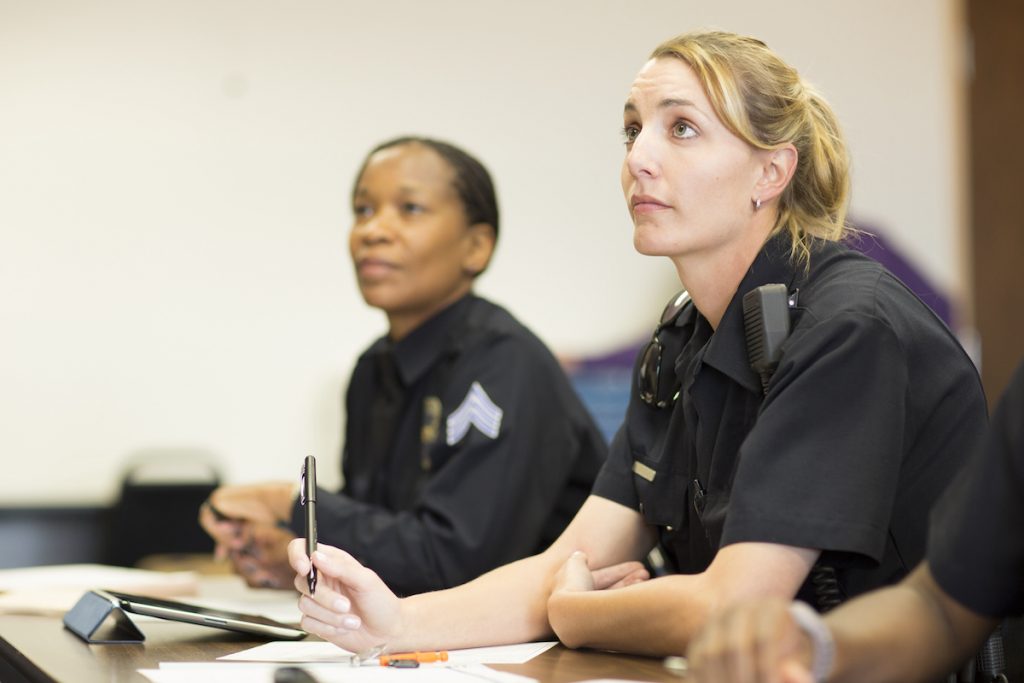
There will be many times in your career when you will be tested and how you react to those challenges will define you, your reputation, and your profession. So the first thing I’d say is to make the most of every assignment—even if it wasn’t something you were seeking. Each experience is an opportunity to show you’re ready to take the next step. And you may be pleasantly surprised where your career takes you, just by seizing opportunities. Also, don’t be afraid to fail. As the hockey great Wayne Gretsky said, “You miss 100% of the shots you don’t take.” Would you rather take the risk, or have the regret that you didn’t try? And finally, never stop learning and growing. Take the time to listen and appreciate others’ perspectives, even if you disagree with them. These are the things I wish someone had shared with me when I was first starting out. If you choose a career in public service, you’re making a conscious decision to put service above self; to make personal sacrifices in order to make others’ lives better; and to support your community even though you may not always feel supported by it. Occasionally, you need to remind yourself why you made this choice and focus on why your work is important.
Q6:
How has the COVID-19 pandemic impacted your outlook and approach to your work? What key lessons have you learned that you have applied?
Just one month after joining Louisville Metro Government, I was overseeing the city’s Emergency Management response to the pandemic from within our Emergency Operations Center. Three months later, at the onset of racial justice protests fueled by the death of Breonna Taylor, the police department was placed under my oversight. Daily demonstrations occurred over the next four months and, while the majority of these protests were peaceful, some required law enforcement to respond—which frequently escalated the tension and risks. Concurrently, Louisville experienced a record number of homicides and shootings, while our public safety agencies were experiencing an average 9% drop in staffing from two years prior. In managing the city’s response to these multiple crises, I received a crash course in how local government works across the executive, legislative, and judicial branches, with the added challenge of operating under COVID-19 restrictions and related emergency orders. I saw firsthand the toll on our personnel from the pressure to act, intense scrutiny of those actions, and an often frenetic sense of urgency. As a result, I knew it was imperative that I convey a sense of calm and order, prioritizing and buffering the perpetual demands, “owning” and learning from our mistakes, and above all, encouraging and supporting our employees in their public service.
Q7:
What does Women's History Month mean to you?
This month is an opportunity to reflect on the accomplishments of the trailblazers who came before us, while also celebrating the successes of women today. For example, the NFL recently announced that two women will be working as referees in the game’s highest ranks. This prompted a variety of responses in social media posts, like the one that said: “I hope, pray to god you earned it and didn’t get it simply because you are a woman.” Such comments perpetuate the idea that women are less competent and didn’t earn their accomplishments. In my own career, I have often heard similar criticism—by focusing on diversity we are somehow diminishing quality. If that were true, how can we explain higher productivity rates, job satisfaction, and profitability among companies that are more diverse? Instead of questioning diversity, we should welcome it, to the point it becomes a natural part of our lives. When I was growing up in a neighborhood full of boys, playing football and watching it on TV, it never dawned on me that women could be NFL referees. But then again, it never dawned on me that they couldn’t.
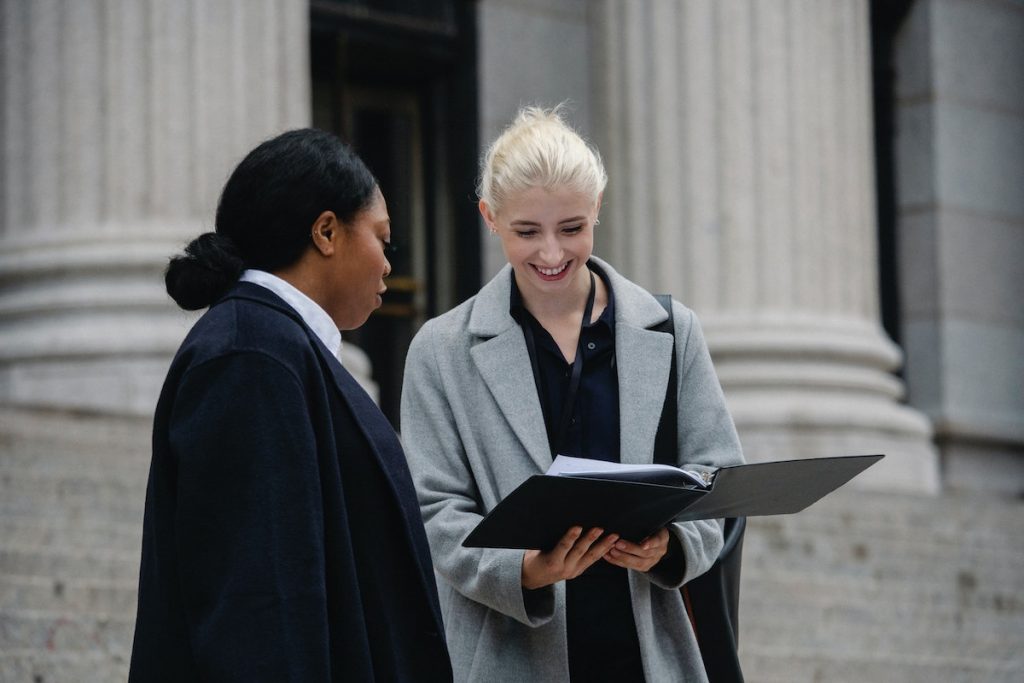
Want more insights like these?
Join us at the upcoming Public Sector Network virtual events:
BUILDING SAFER CITIES - USA
When: May 13th, 2021 | 12pm-2:15pm ET
Where: Online | Complimentary for Public Sector Employees
For this Women in Leadership Spotlight, we caught up with Amy Hess, Chief of Public Safety at Louisville Metro Government & former FBI Agent, to explore her career in the public sector, her experiences as a woman in law enforcement, and much more.



